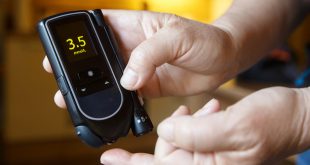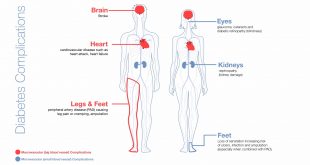Hypoglycemia or low blood sugar is defined as a blood sugar level of less than 4.0 mmol/L in people with diabetes who are treated with either insulin or medications that cause insulin to be produced such as glyburide or Diamicron®.
Read More »Here’s what you need to know as a diabetes caregiver
As a caregiver, you want to support your loved ones in the best way possible. This article provides many useful tips for diabetes caregivers.
Read More »Mario: Follow good advice and live healthily
Canadians with type 2 diabetes write back to their younger selves, to share personal insights and reflect on their experience of living with diabetes and starting on insulin therapy. In this post, Mario reflects on living with diabetes.
Read More »Charlene ‘Charles’ : Remember, be strong. Be true to yourself.
Canadians with type 2 diabetes write back to their younger selves, to share personal insights and reflect on their experience of living with diabetes. In this post, Charlene reflects on living with diabetes.
Read More »A prediabetes exercise program can help prevent type 2 diabetes
A prediabetes exercise program can help you prevent or delay type 2 diabetes. Read about exercise programs for people with prediabetes in this expert blog.
Read More »Why is it important to manage my blood glucose?
Having too much, or too little, sugar (glucose) in your blood will cause health problems in the short-term and even bigger issues over a longer stretch of time. When you have diabetes, it’s essential to consistently manage your blood glucose levels to avoid health complications down the road.
Read More »Preparing for Injectable Therapy
Injecting insulin is a normal part of caring for type 2 diabetes It’s not your fault. Diabetes is a disease that may worsen over time. This means that you may not be able to control your blood glucose with diet, exercise and/or pills alone.
Read More » Diabetes Care Community Learn, connect and care
Diabetes Care Community Learn, connect and care





